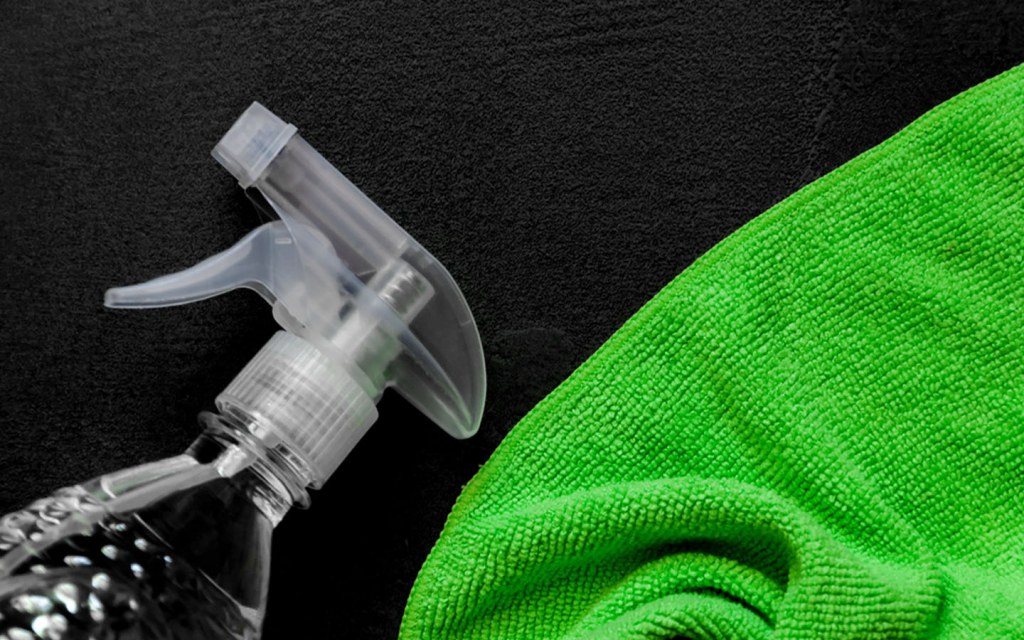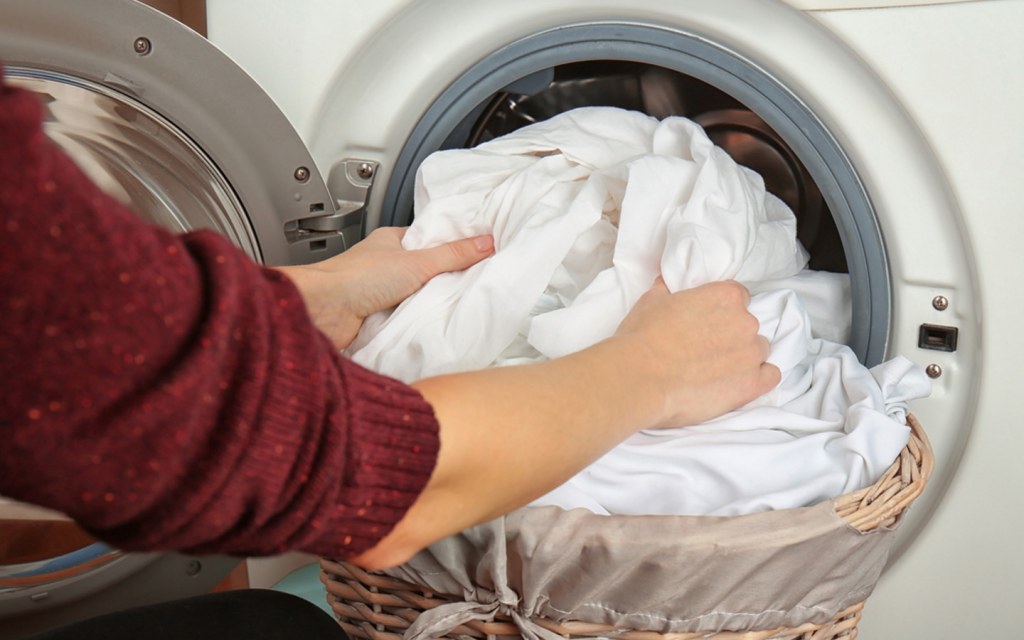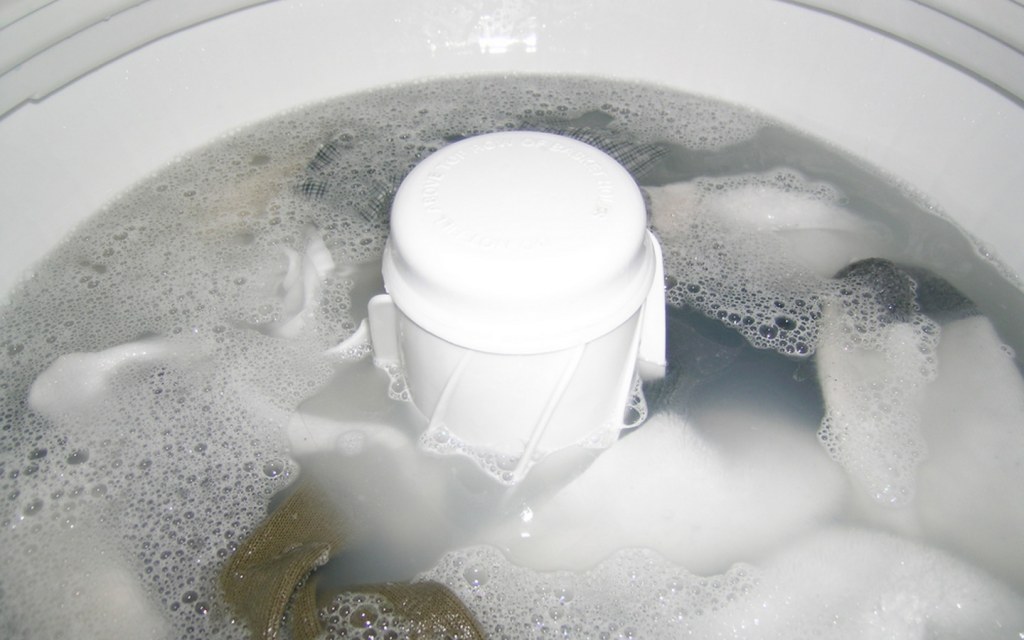In this Post
–How to Disinfect Your Clothes
–Types of Clothes Carrying Viruses
–How to Do Laundry During COVID-19
–How Often Should You Wash Clothes
Keeping in view the ongoing pandemic, we should do all it takes to protect ourselves and our household members from the highly contagious COViD-19 virus. For that, we need to make sure that everything in our house is thoroughly cleaned and disinfected. There are certain measures you can take to clean and protect your home from coronavirus, which may include deep cleaning everything and disinfecting things you use and wear frequently including laundry. There are many ways you can disinfect clothes during the coronavirus outbreak, however, in this blog we’ll be discussing the most effective ones, which have also been recommended by the Centres for Disease Control (CDC), a renowned health agency in the US.
How to Disinfect Clothes During the Coronavirus Pandemic

According to the research conducted by the CDC, coronavirus can enter your body through respiratory droplets, which can be present in the environment around the infected person usually because of the sneezing or coughing. The evidence from medical research suggests that the germs of coronavirus may remain active for days on surfaces that are made from a variety of materials, which includes fabric.
Are Some Clothes More Susceptible to Viruses Than Others?
Yes, according to Centres of Disease Control (CDC) experts, the lifespan of the virus infecting the fabric varies. The fibers in porous material catch the virus particles, dry them out and absorb them. On the other hand, fabrics with smoother surfaces like vinyl, and leather are easier to be wiped clean.
Clothing with surfaces made of polyester and spandex-like may hold germs longer as compared to the cotton-based clothes, but the fact is all types of fabrics can be contaminated and should be disinfected by following proper cleaning procedures.
Guidelines on How to Do Laundry During COVID-19 Pandemic

Whether someone in your household is ill or you just want to take precautionary measures, here are guidelines from the CDC that will help you properly clean and disinfect your laundry.
- Safety first. Not only during the pandemic, but it should also be a normal practice to wear gloves before doing laundry to protect yourself against germs on the surfaces of dirty clothes. In case you don’t use gloves when handling dirty laundry, make sure you wash hands once you are done.
- Try not to shake dirty laundry. This will help you minimize the risk of dispersing the virus through the air. Keep all your dirty clothes in one place, away from your bedroom, living room or any other part of your home that is frequently used to keep the germs and bacteria at bay.
- Using the option of hot water setting on your washing machine is one of the most effective ways to wash your clothes during the coronavirus pandemic as it helps kill the germs and viruses. This may also include giving your laundry some extra time and heat in the dyer.
- If you don’t have access to the washing machine, you can go for the option of hand washing your clothes, but for that, you need to arrange warm water settings for your own safety against viruses, anything above 80 degrees Fahrenheit would do. However, experts recommend regular washing machines, which makes the process of doing the laundry easier, faster and safer for you, killing all the viruses even if you are washing clothes of a sick person. Though it’s best for you to wash the clothes of an ill household member separately.
- Don’t ruin all your clothes by putting them in boiling water, instead go for the best possible water temperature settings, recommended for the fabric you are washing. You can simply follow safe washing practices by going according to the manufacturer’s instructions usually written on the tags of clothes.
- Using detergents that contain bleach compounds and are fragrance-free is one of the best ways to disinfect clothes during the coronavirus pandemic since the absence of fragrant petrochemical compounds and the presence of bleaching elements, the chances of survival of any types of viruses becomes very low. Washing your clothes with such types of detergents has also been recommended by the medical experts of CDC. Make sure you rinse out detergent thoroughly. In case, if you fail to rinse out detergent completely, it can accumulate dust again, making your clothes dirty and carrier of germs even after washing.
- Make sure you are not overloading your washer. To execute the cleaning task properly, your detergent and washer need ample room. Plus, you’ll also be needing plenty of water to wash the oil and loosened dirt away. This is how to disinfect clothes during the coronavirus pandemic.
How Often Should You Wash Clothes?

To properly clean and disinfect your laundry, you should wash your clothes during the coronavirus outbreak more often, especially if you still have to go outside or report to work regularly. Like if you have been to a crowded area recently, no matter if you have taken all precautionary measures, you should remove your clothing as soon as you enter the house and put it aside either in a dirty laundry container or washing equipment.
These were some of the most effective ways to wash and disinfect your clothes during the coronavirus pandemic. If you want to add anything in this regard based on your personal experience, feel free to share it with us at blog@zameen.com. We’d be glad to hear from you.
Meanwhile, you can read this blog to get the latest updates on the coronavirus in Pakistan. Take care of yourself and your household members, follow all necessary safety precautions by reading our blogs on ways to prepare for home quarantine, tips for traveling during viral epidemic, maintaining social distancing, precautionary tips for coronavirus by World Health Organisation (WHO) and where to get tested for coronavirus in Pakistan.
For all our latest lifestyle and property updates, keep reading Zameen Blogs, the country’s best lifestyle and real estate blog. Also, don’t miss out on subscribing to our email newsletter to get daily email alerts from our blog section.



